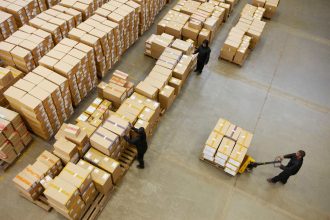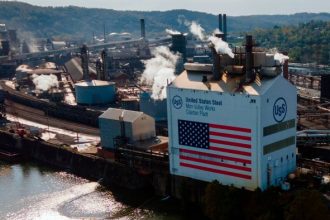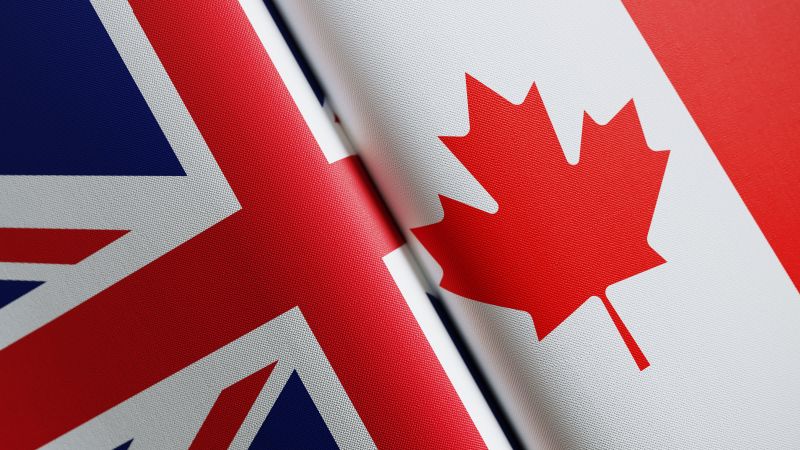Britain is finding out just how hard it can be to negotiate free trade deals, even with close allies and friends.
Nearly eight years after Brexit campaigners persuaded a slim majority to vote to leave the European Union, on a platform that included promises of a brighter future as a global trading nation, the UK government has walked away from talks to replace its legacy EU trade deal with Canada over disputes involving beef, cars and cheese.
The talks between the United Kingdom and Canada — which share a head of state (King Charles) and are both members of NATO and the Group of Seven forum of leading advanced economies — began in March 2022, two years after Britain officially left the EU. Goods and services have continued flowing between the two countries under the terms of the EU-Canada free trade deal.
But Britain had sought to negotiate a new trade deal with Canada that would improve upon the terms of the existing agreement. Parts of the current deal are also due to expire, or have already done so, with no new rules to replace them.
UK carmakers, which currently pay low or no import taxes when exporting to Canada, could face much higher taxes from April.
Meanwhile, rules governing the export of British cheese to Canada expired in December. Now, UK producers selling to Canada face paying tariffs of up to 245% of the value of their cheese.
A key sticking point in the negotiations has been Britain’s refusal to relax a ban on hormone-treated beef, which at the moment effectively bars Canadian farmers from selling to British consumers.
“Trade negotiations are complex, but sometimes it is right to pause if progress is not being made. We remain open to restarting talks with Canada in the future,” a UK government spokesperson said in a statement.
A spokesperson for Canadian trade minister Mary Ng said Friday: “I am confident that we can negotiate an agreement that is win win for Canada and for the UK.”
“But let me be clear: we will not negotiate an agreement that is not good for Canadians, and not good for our Canadian businesses, farmers and workers,” the spokesperson said in a statement.
According to the UK government, total trade in goods and services with Canada was worth nearly £26 billion ($33 billion) in the year to the end of June and Canada is the UK’s 13th-biggest export market.
The stalled talks represent a “blow” to the UK’s ambitions to strike better trade deals now that it is outside of the EU, according to David Henig, a director of UK trade policy at the Brussels-based European Centre for International Political Economy.
“We won’t get an improved deal, we’ll actually have worse trading conditions than we did as EU members,” he told CNN.
An unnamed Canadian government official, speaking to Reuters, suggested the UK had only itself to blame for what is the first failed attempt to replace EU trading arrangements with a third country after Brexit.
“Britain did not act as fast as it should have in negotiations, and expects Canada to just give (it) these things,” the official told Reuters.
But Minette Batters, president of the National Farmers’ Union, which represents farmers in England and Wales, took a different view. “The prime minister put it in writing last year that he would not be importing hormone-treated beef or chlorine-washed chicken,” she told the BBC Friday.
“Canada has played hardball for a long time. It was always going to come to a crunch point as to who was going to capitulate.”
Read the full article here





